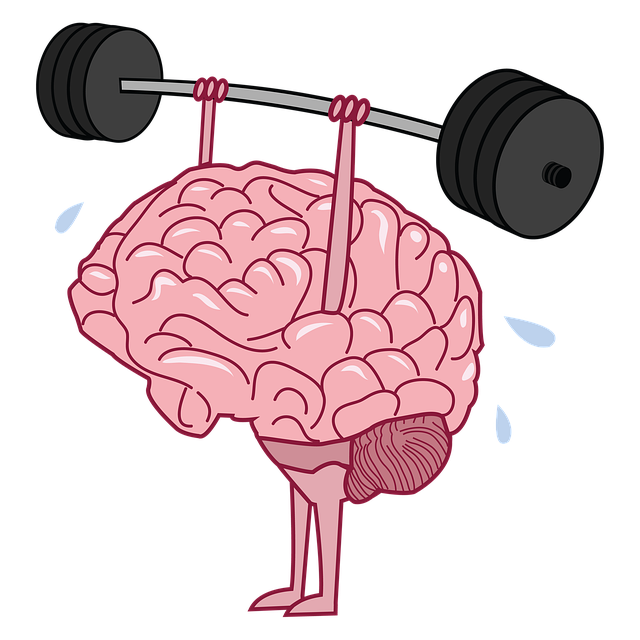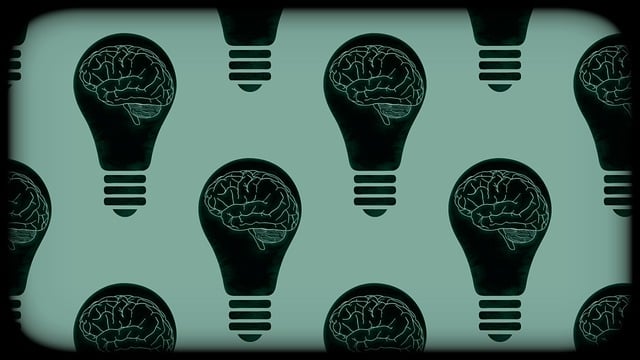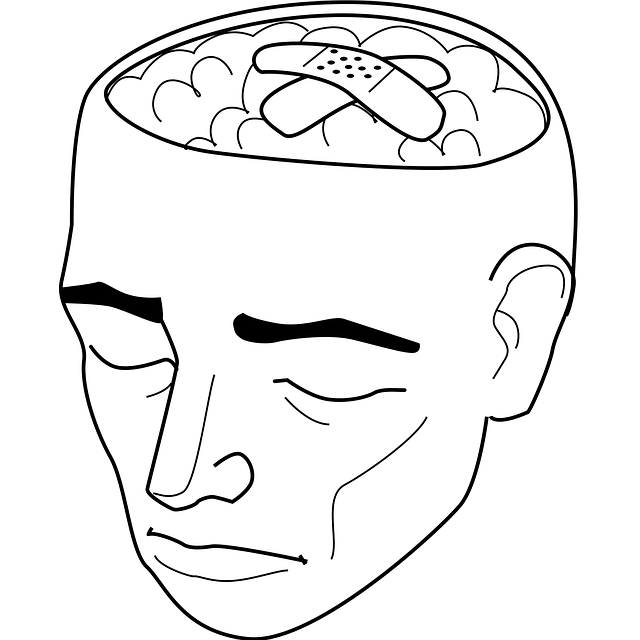In Boulder, understanding community needs, especially for bipolar disorder, is key to effective outreach programs. A collaborative approach involves local therapy centers partnering with schools, workplaces, and community groups to deliver workshops, dispel myths, and promote early intervention. These initiatives aim to reduce stigma, foster empathy, and enhance well-being, centered around Boulder Bipolar Disorder Therapy. Strong partnerships enable the creation of tailored support systems and public awareness campaigns, ensuring holistic care through comprehensive assessments tracking symptom reduction and community impact.
Community outreach programs play a pivotal role in addressing mental health challenges, especially in areas like Boulder where bipolar disorder prevalence may vary. Understanding local needs is crucial, starting with identifying gaps in support for this often-overlooked condition. This article explores effective strategies, highlighting successful collaborations between organizations and healthcare providers. We delve into key measures of program impact, emphasizing the importance of evaluating outcomes to enhance access to essential Boulder Bipolar Disorder Therapy.
- Understanding Community Needs: Identifying Gaps in Mental Health Support
- Designing Effective Outreach Strategies for Bipolar Disorder Awareness
- Building Partnerships: Collaborating with Local Organizations and Healthcare Providers
- Measuring Success: Evaluating the Impact of Boulder Bipolar Disorder Therapy Programs
Understanding Community Needs: Identifying Gaps in Mental Health Support

Understanding Community Needs is a vital step in implementing effective outreach programs, especially when addressing mental health concerns. In many communities, there are often gaps in support for individuals dealing with conditions like bipolar disorder. Boulder, known for its vibrant culture, may present unique challenges where Mental Health Awareness is concerned. While the city boasts numerous resources, certain demographics or specific issues such as bipolar disorder might still face barriers to accessing quality care.
Identifying these gaps requires a comprehensive Risk Assessment for Mental Health Professionals, helping them tailor services accordingly. By recognizing the diverse needs within the community, outreach programs can focus on raising mental wellness awareness and providing targeted support. This ensures that those struggling with bipolar disorder or other mental health challenges in Boulder receive the help they need, bridging the gap between available resources and individual requirements.
Designing Effective Outreach Strategies for Bipolar Disorder Awareness

Designing effective outreach strategies for bipolar disorder awareness requires a multi-faceted approach that caters to diverse community needs. In Boulder, Bipolar Disorder Therapy centers have recognized the importance of engaging various sectors to combat stigma and promote early intervention. One key strategy involves collaborating with local schools, workplaces, and community organizations to deliver educational workshops and seminars. These sessions can help dispel myths about bipolar disorder, foster empathy, and equip individuals with signs to recognize in themselves or others.
Additionally, incorporating Burnout Prevention Strategies for Healthcare Providers into awareness campaigns is essential. Mental Health Policy Analysis and Advocacy plays a pivotal role in shaping public policies that support mental health services accessibility. Compassion Cultivation Practices can also be integrated to encourage understanding and resilience among community members facing mental health challenges. By combining these approaches, Boulder’s Bipolar Disorder Therapy initiatives strive to create a supportive ecosystem that promotes awareness, reduces stigma, and enhances overall well-being within the community.
Building Partnerships: Collaborating with Local Organizations and Healthcare Providers

Building strong partnerships with local organizations and healthcare providers is a pivotal step in implementing effective community outreach programs for mental wellness initiatives, particularly focusing on conditions like bipolar disorder. These collaborations facilitate the development of public awareness campaigns that educate and dispel myths surrounding mental health issues, fostering an environment where individuals feel comfortable seeking help. By joining forces, community members, non-profits, therapists, and healthcare providers can create comprehensive support systems tailored to the unique needs of their region.
For instance, in Boulder, local organizations have partnered with bipolar disorder therapy experts to launch targeted programs. These initiatives focus on mood management strategies, early intervention, and continuous support networks. Such collaborations ensure that individuals affected by bipolar disorder receive not just clinical treatment but also community-based resources that promote long-term mental wellness and overall well-being.
Measuring Success: Evaluating the Impact of Boulder Bipolar Disorder Therapy Programs

Measuring success is an integral part of evaluating the impact and effectiveness of Boulder Bipolar Disorder Therapy programs. To truly assess progress, a multifaceted approach must be taken that goes beyond mere attendance or completion of sessions. This involves tracking improvements in participants’ mental health, such as reductions in symptom severity and increases in coping mechanisms.
Regular pre and post-program assessments, utilizing standardized tools like validated questionnaires, can gauge changes in mood stability, energy levels, and overall functioning. Additionally, qualitative feedback from participants through surveys or interviews provides insights into their personal experiences, perceived benefits, and areas for improvement. The integration of these quantitative and qualitative data sources offers a holistic view, highlighting not only the individual achievements but also the overall community impact of programs like Stress Management Workshops Organization’s initiatives focused on Bipolar Disorder therapy, while emphasizing Cultural Sensitivity in Mental Healthcare Practice and Empathy Building Strategies.
Implementing community outreach programs, such as those focused on raising awareness for bipolar disorder in Boulder, has shown significant promise in addressing mental health gaps. By collaborating with local organizations and healthcare providers, these initiatives effectively reach individuals in need. The success of these programs, measured through thorough evaluations, underscores the importance of community engagement in providing accessible and impactful Boulder bipolar disorder therapy. Such efforts not only enhance mental wellness but also foster a more inclusive and supportive environment for those struggling with this condition.














